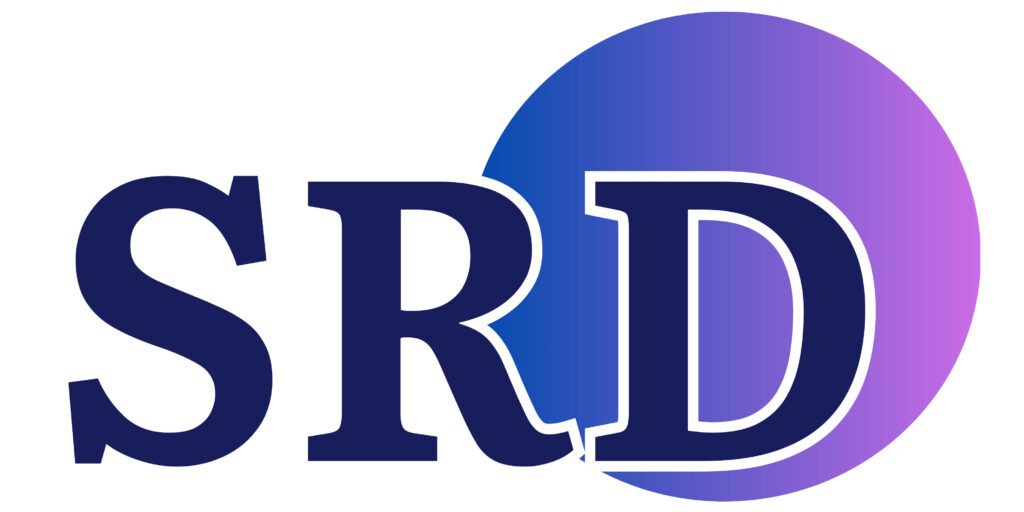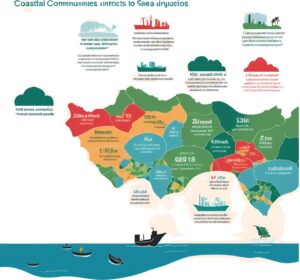The unrestricted dissemination of information enhances public awareness of the quality, affordability, and availability of global health services, while affordable transportation facilitates access to these facilities. Each year, thousands of people from Bangladesh travelled to India for medical treatment. Therefore, the inquiry is to assess whether the exchange of health services between these two nations arises from replacement or complementary effects. This study is guided by a multi-method approach combining content analysis, key informant interviews, and case study methods to cover both the textual information, i.e., media manipulation with counterevidence, assessing their impact on health care-seeking behavior through case studies, and finally complementing all of these causal relationships with key informant interviews. Findings exempt that the spread of health misinformation on social media poses a substantial risk to public health in Bangladesh. Patients often go to India for medical procedures that are already accessible in Bangladesh. However, systemic shortcomings in Bangladesh—such as lengthy waiting times, crowded facilities, and inadequate quality of care—undermine patient trust and drive demand for foreign healthcare. Informants also assert that certain national media outlets act as proxies for neighboring countries, deliberately disseminating false information about medical failures within domestic medical facilities and casting doubt on the quality of health care systems, which in turn encourages cross-border health care-seeking behaviour among internet users. Ultimately the failure of economic flow that was targeted to provisioning qualitative health care functioning within the country goes in vain. In order to develop and promote effective and qualitative health care provision within the country along with developing medical facilities, it’s crucial to control misleading information guided by the national media. This study also suggests enhancing digital literacy, implementing robust fact-checking mechanisms, and promoting credible health information sources to enhance qualitative health care functioning in developing countries, especially in Bangladesh.

Untitled design - 1


